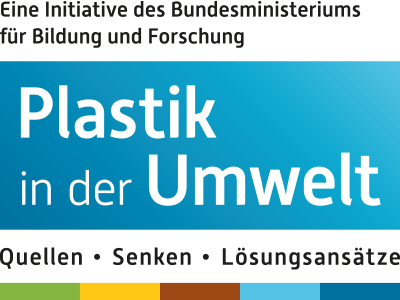Fact sheet 12.2: Microplastics of textile origin in the environment
Fact sheet 12.2: Microplastics of textile origin in the environment
Outdoor and sports clothing consists mainly of polyester. During household washing, fibre fragments with a size of < 5 mm are released. Although up to 95 % of these are retained in local wastewater treatment plants, relevant quantities reach surface waters via wastewater, where they can accumulate (Zhang et al 2021). Textile properties and washing parameters influence this release.
In the project "Textile Mission" at the Niederrhein University of Applied Sciences, different parameters were investigated that lead to an increased discharge of microplastic fibres from textiles during household washing. In addition to washing parameters that can be influenced by consumers themselves, manufacturing parameters also contribute to fibre discharge. Together with the project partners, we are working on solutions to reduce fibre discharge through adapted manufacturing processes.
The fact sheet is available for download here.
Klinkhammer, Kristina; Kolbe, Sabrina; Bendt, Ellen; Rabe, Maike (2021): Microplastics of textile origin in the environment: How do textile structure and textile care contribute to it? Factsheet 12.2 of the BMBF Research Focus Plastic in the Environment.

